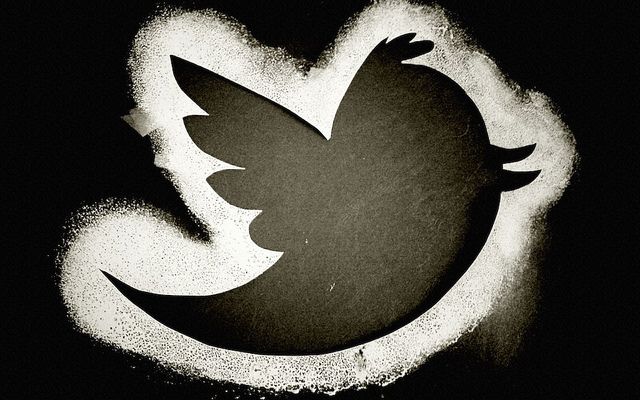Twitter at the forefront of journalism, but for how long?
We view Twitter as our front page because if you read our stories there you’re likely to come back again, says @jimwaterson #newsrw
— John Crowley (@mrjohncrowley) February 3, 2015
This is a quote from Jim Waterson, deputy editor of BuzzFeed, that was tweeted out from yesterday’s Journalism.co.uk news: rewired conference. Jim served as a keynote speaker among other panellists including Alberto Nardelli, data editor of The Guardian, Sarah Lester, executive editor of the Manchester Evening News and Mark Frankel, assistant editor, social news for the BBC, on a session that discussed how journalists will using Twitter to cover the UK general elections.
Jim’s quote, the session and the underlining theme of the entire conference resonates with the findings of Cision’s latest Social Journalism Survey 2015 that establishes how social media and Twitter in particular is changing way news is reported and consumed today.
The Study found that while most journalists use social media for their work and the majority can’t carry out their work without it, it is Twitter that journalists (75%) depend on most to source, publish and promote content.
While this trend by no means implies that Twitter will replace traditional news platforms, it does put the microblogging platform in the forefront of the media landscape. It is not surprising then that journalists are so focused on harnessing its full potential for news without compromising journalistic integrity as a result of all the noise online.
Which explains why Joanna Geary, head of news partnerships at Twitter UK, dedicated her time as keynote speaker at the news:rewired conference yesterday to explaining the ‘importance of understanding why people tweet, how Twitter’s functions can be leveraged by journalists, and how can they use some of the newer or lesser-known features of the platform’ Journalism.co.uk reported.
Despite the role Twitter plays for journalists, a larger question on the matter of profitability looms large for the company that is yet to break even. As the Guardian asks, can the microblogging platform’s future depend on breaking news alone? or will it soon need to take a call on monetising the space journalists so readily contain? For surveys like our Social Journalism Study and conferences like the news:rewired, will 2016 be about understanding Twitter, bidding for space or getting over it?
Photo Courtesy of Andreas Eldh on Flicr




Leave a Comment